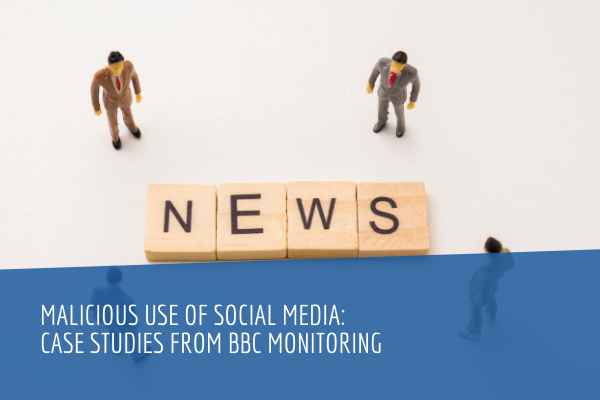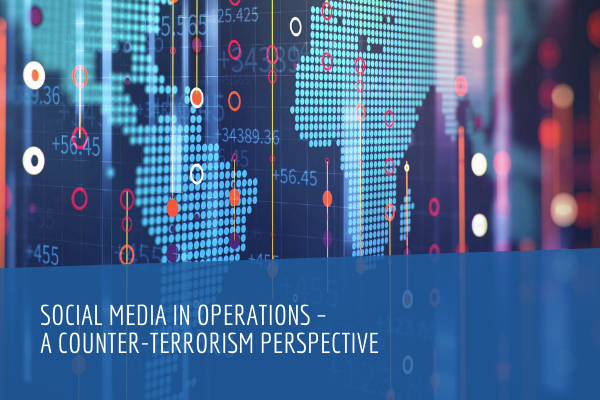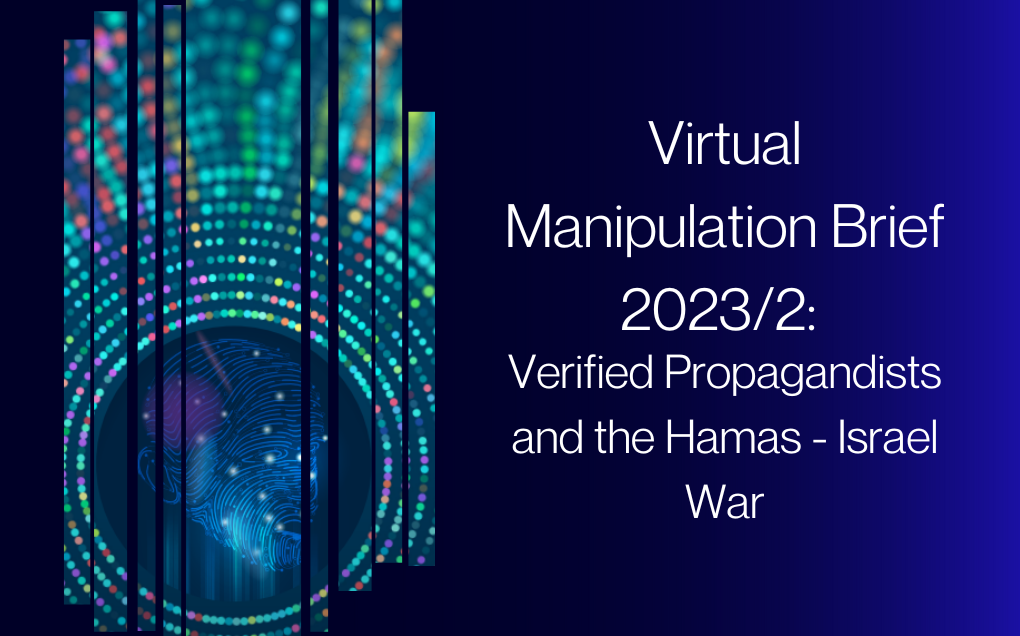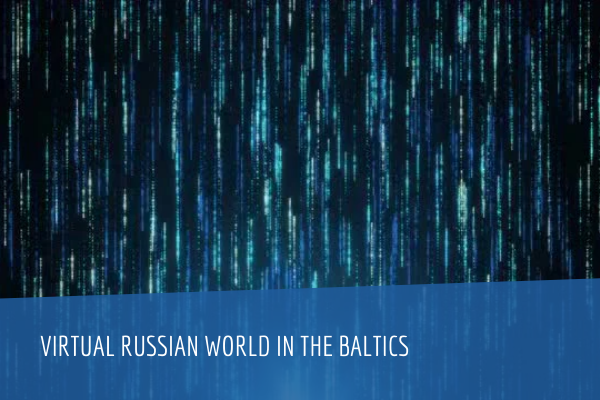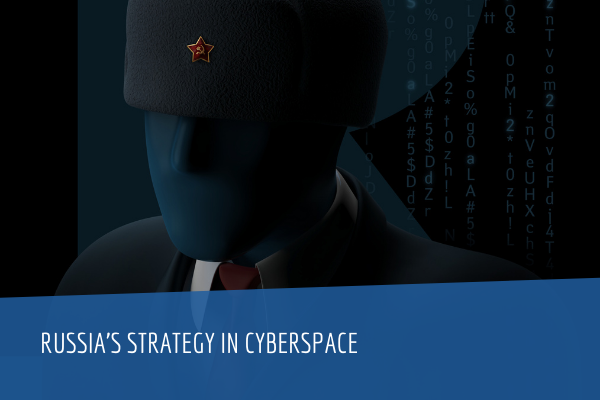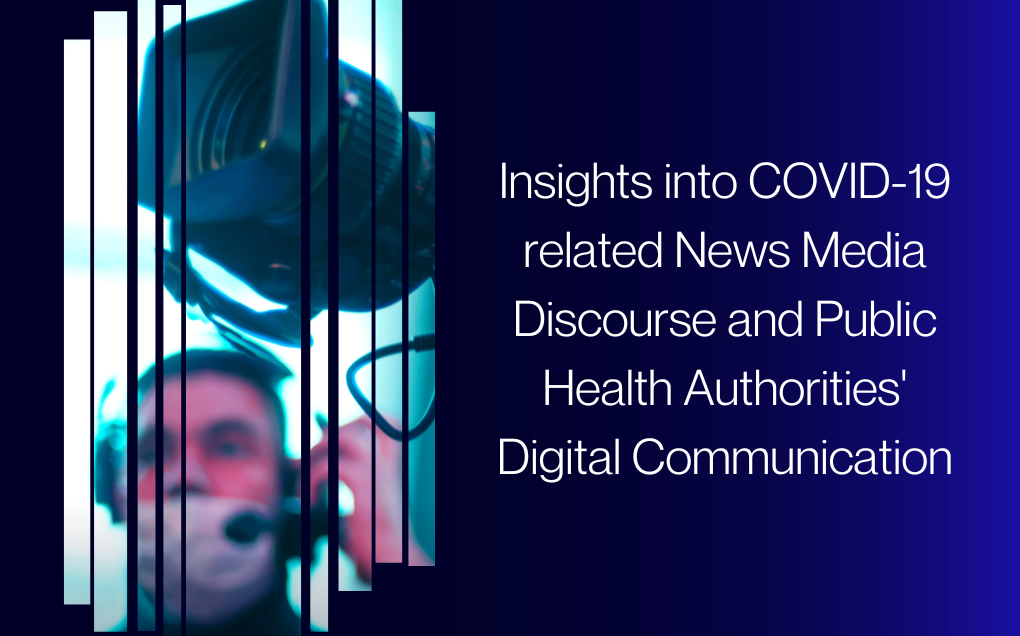Introducion
BBC Monitoring (BBCM) is a specialist unit within BBC News that tracks thousands of international media outlets, including hard-to-reach broadcast sources, to report news from and about the world’s media and social media.
Set up at the outbreak of World War II with the primary purpose of informing the War Office about propaganda by Nazi-controlled media, BBCM has a long history of tackling disinformation and misleading reporting. Over the past 79 years, the service has translated, explained, and interpreted media messages, from the broadcast propaganda of the Cold War to the multiplatform campaigns of today. The rise of social networks and instant messaging platforms has ushered in a new and fast-changing era for open-source media monitoring.
Today, BBCM still relies on its detailed knowledge of media sources and behaviour along with linguistic, regional, and cultural expertise to navigate the increasingly complex and muddled information space. In addition, it uses a range of tools for social media analysis, and continues to explore ways of using evolving technology to improve its journalists’ ability to track multiple sources and spot media manipulation.
BBCM this year launched a new dedicated disinformation team, whose primary purpose is to spot, collate, and investigate examples of misleading reporting and manipulation, drawing on BBCM’s overall monitoring of global media.
This report shows some of the disinformation techniques and tactics that BBCM journalists have come across in their recent work, and outlines the approach adopted by BBCM to rise to the challenges of disinformation in the 21st century.
Conclusion
In a rapidly changing digital world, disinformation is a truly global problem, as no country appears to be immune from false claims and manipulation. It challenges democracies across the globe and affects societies where reliable information is in short supply. From Egypt to India and from Iran to Mexico, an increasing number of players use new media platforms and communication technologies to sow discord and manipulate public opinion. Russia, in particular, is now widely seen as a key exponent of a new kind of information warfare, which relies on loosely-defined networks of pro-Kremlin actors using traditional and social media to influence opinions both at home and abroad.
Long-established methods of censorship and propaganda are still in evidence, but disinformation is becoming more sophisticated in terms of coordination, use of networks and advanced technology. Proliferation of sources, and the use of automation and closed communication channels by various actors also present new challenges to journalists and societies.
To operate successfully in such an environment, it is no longer enough to simply debunk individual claims. It is also important to raise awareness of disinformation tactics and manipulation techniques to help the public navigate and understand the increasingly complex and crowded information space.
The BBC—which has a long history of tackling misleading claims and verifying social media content—sometimes in collaboration with other independent open-source investigators, reports on these issues and helps bring them to the public’s attention. In one recent example, the BBC’s Africa Eye in September uncovered the truth behind the killing of women in Cameroon through
forensic analysis of open-source data.20 By also describing in detail how this was done, an awareness of what to look for when coming across such stories was simultaneously promoted. As well as this sort of forensic reporting and open source analysis, the BBC is helping to promote media literacy in the UK and internationally through initiatives such as its Young Reporter scheme.
The role of BBCM, as a specialist unit observing hundreds of media each day, reporting on misleading narratives and providing the context necessary to understand them, is perhaps now both more necessary and more challenging than ever. BBCM’s specialist journalists will need to continue to deploy both their linguistic and cultural expertise honed by constant observation of the sources, and technical expertise and support to help them cope with the complexity and scale of the challenge, which ultimately has the potential to undermine the very concept of truth.
